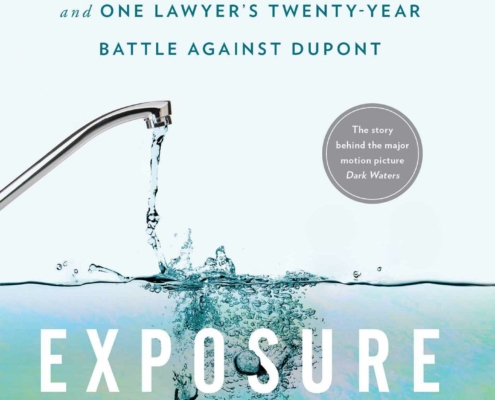
Robert Bilott, Author of “Exposure,” Reflects on His Fight Against Corporate Arrogance
Blog, Cheating & Honesty, Corporate Culture, Corruption, Law, Trust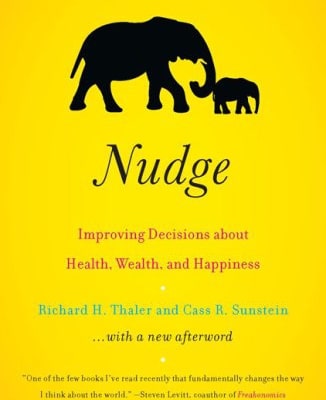
The Tricky Role of Loyalty at Work
Blog, Cheating & Honesty, Corporate Culture, Decision Making, Leadership
Let’s Make 2021 a Year for Self-Honesty
Blog, Cheating & Honesty, Corporate Culture
American Unity Starts with the Truth
Blog, Cheating & Honesty, Leadership, Trust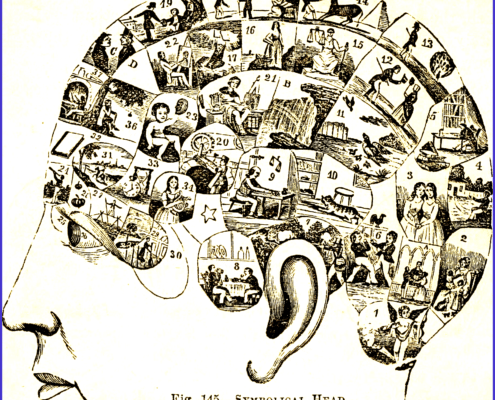
The Obscure Medieval Roots of the Modern Psyche
Blog, Cheating & Honesty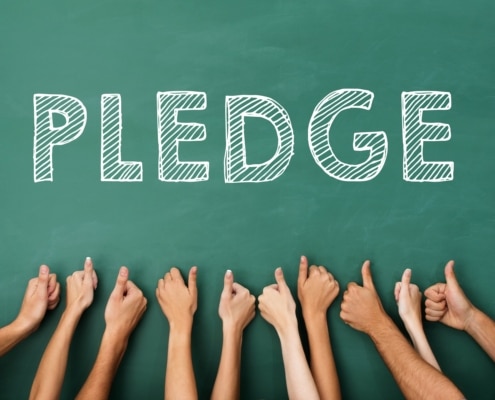
Do Honesty Pledges Work?
Blog, Cheating & Honesty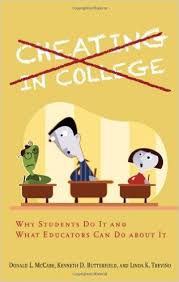
Cheating in College: Why Students Do It and What Educators Can Do About It
Book Summaries, Cheating & Honesty, Practitioner, Professor, Researcher, Teaching Ethics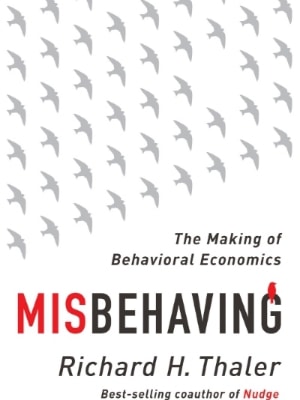
Misbehaving: The Making of Behavioral Economics
Book Summaries, Cheating & Honesty, Contextual Influences, Decision Making, Fairness, Internal Reporting, Practitioner, Professor, Researcher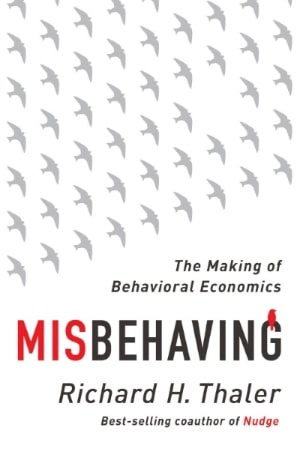 What do economics, psychology, and experimental science have in common? As Richard Thaler implies in Misbehaving: The making of behavioral economics, most economists would say little to none — but this couldn’t be further from the truth. Misbehaving is, first and foremost, a story of how modern economics, finance, and theoretical analysis have become increasingly specialized and narrow without substantial practical value. Utilizing empirical studies and anecdotes, funny stories, and even some jokes, Thaler persuades the reader that behavioral studies — or psychology-motivated disciplines which focus on humans, not mythical rational agents — are here to stay.
What do economics, psychology, and experimental science have in common? As Richard Thaler implies in Misbehaving: The making of behavioral economics, most economists would say little to none — but this couldn’t be further from the truth. Misbehaving is, first and foremost, a story of how modern economics, finance, and theoretical analysis have become increasingly specialized and narrow without substantial practical value. Utilizing empirical studies and anecdotes, funny stories, and even some jokes, Thaler persuades the reader that behavioral studies — or psychology-motivated disciplines which focus on humans, not mythical rational agents — are here to stay.
Thaler’s findings have numerous and far-reaching implications for designing and implementing ethical systems within organizations. Read our book review and learn more.

Nudge
Book Summaries, Cheating & Honesty, Contextual Influences, Decision Making, Fairness
